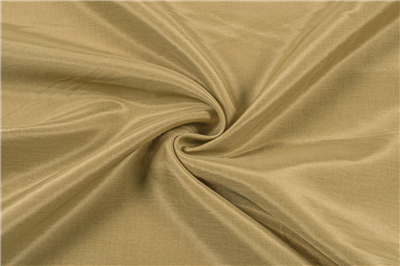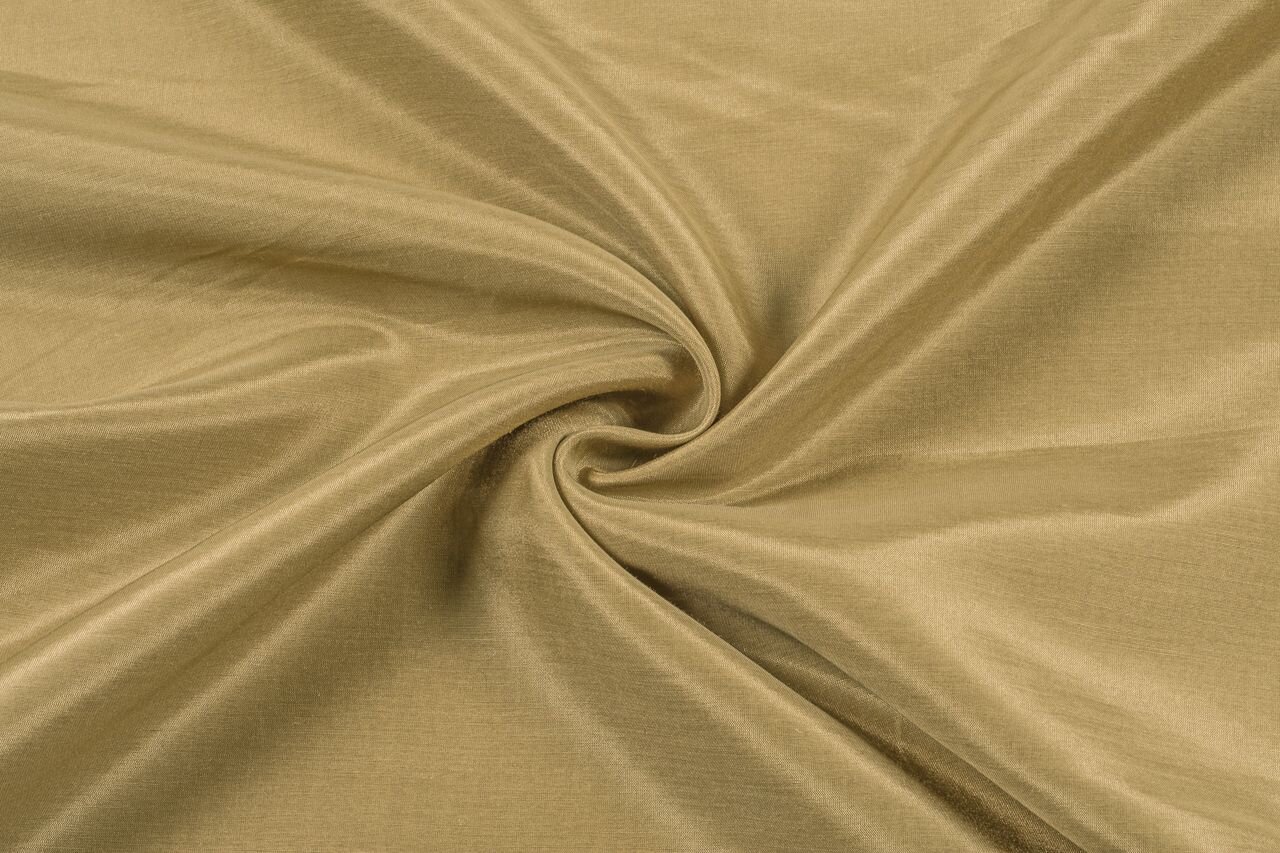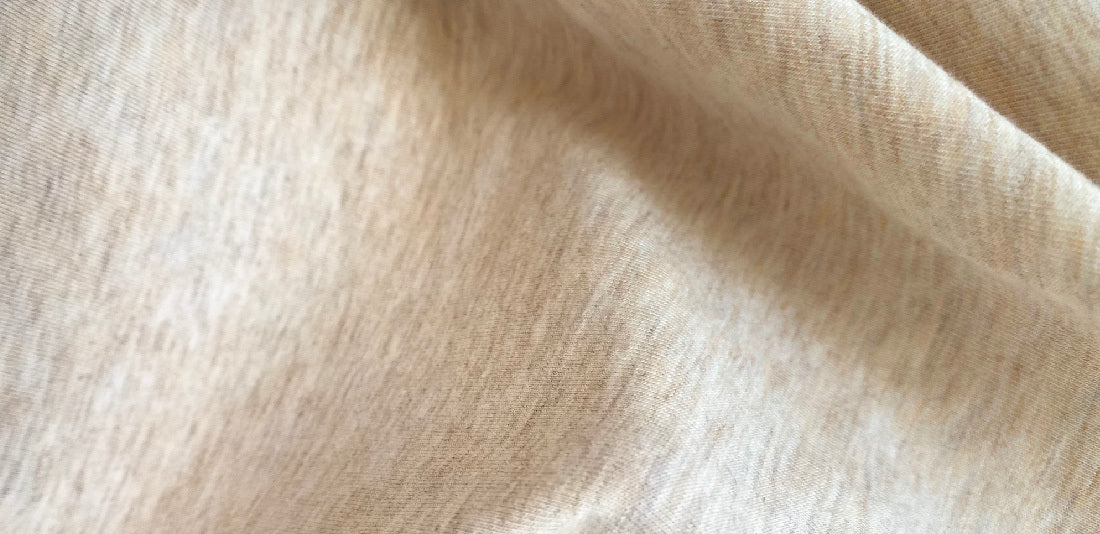

Sensitive skin refers to a skin type that is prone to irritation, redness, and inflammation when exposed to certain substances or environmental factors. One common trigger for sensitive skin reactions is the clothing fabrics that come into contact with the skin. Fabrics that are rough, abrasive, or contain irritating chemicals can aggravate sensitive skin and cause discomfort.
Choosing the right clothing fabrics for sensitive skin is crucial in maintaining the overall health and comfort of the skin. By selecting fabrics that are gentle and non-irritating, individuals with sensitive skin can minimize the risk of developing skin reactions and related issues. Here are some reasons why it is important to choose the right clothing fabrics for sensitive skin:
1. Minimizes irritation: Soft and natural fabrics like cotton and bamboo are known for their hypoallergenic properties. They are less likely to cause irritation or allergic reactions, making them ideal choices for sensitive skin.
2. Breathability: Fabrics that allow the skin to breathe are essential for those with sensitive skin. Breathable fabrics like linen and silk promote air circulation, preventing excessive sweating and reducing the likelihood of skin irritation.
3. Moisture-wicking: Moisture-wicking fabrics, such as certain polyester blends, are designed to draw moisture away from the skin. This feature helps to keep the skin dry and prevents irritation caused by excessive perspiration.
4. Avoids abrasion: Fabrics with a smooth texture, like satin or modal, are gentle on the skin and minimize friction. This is beneficial for individuals with sensitive skin, as it reduces the risk of chafing or rubbing that can lead to discomfort and irritation.
5. Chemical-free options: Opting for clothing made from organic or chemical-free fabrics reduces the exposure to potentially harmful substances that can trigger skin reactions. These fabrics are typically free from dyes, synthetic additives, and harsh chemicals that can irritate sensitive skin.
In conclusion, choosing the right clothing fabrics can significantly impact the well-being of individuals with sensitive skin. By selecting fabrics that are gentle, breathable, and chemical-free, individuals can minimize the occurrence of skin reactions and maintain a comfortable experience throughout the day.
• Cotton is one of the most popular choices for individuals with sensitive skin due to its softness and hypoallergenic properties.
• It is gentle on the skin and minimizes the risk of irritation or allergic reactions.
• Cotton fabrics are highly breathable, allowing air circulation and preventing excessive sweating that can lead to skin irritation.
• The natural fibers in cotton also help in moisture-wicking, keeping the skin dry and reducing the likelihood of irritation caused by perspiration.
• Cotton is a versatile fabric that can be worn in various weather conditions, providing comfort and protection to individuals with sensitive skin.
| Type of Cotton Fabric | Description | Benefits |
| Organic Cotton | Produced without the use of pesticides, synthetic fertilizers, or genetically modified organisms. | Chemical-free, reduces the exposure to potential irritants. |
| Pima Cotton | Considered to be one of the finest and most durable cotton fabrics. It has longer fibers, resulting in a softer and more luxurious feel. | Extra softness, less prone to pilling, and maintains its shape well. |
| Supima Cotton | A trademarked type of Pima cotton, known for its superior quality and strength. | Durable, retains color and shape well, ideal for long-lasting garments. |
| Jersey Cotton | A lightweight and stretchy fabric commonly used for t-shirts and casual wear. | Comfortable, allows freedom of movement, and suitable for everyday wear. |
Cotton fabrics provide numerous benefits for individuals with sensitive skin. By opting for organic cotton, Pima cotton, Supima cotton, or jersey cotton, individuals can enjoy the softness, breathability, and comfort that cotton offers while minimizing the risk of skin irritation.
• Bamboo fabric is known for its softness and smooth texture, making it an excellent choice for individuals with sensitive skin.
• It is hypoallergenic and does not cause irritation or allergic reactions, making it suitable for those with skin sensitivities.
• Bamboo fabric is highly breathable, allowing air circulation and preventing sweat build-up, which can lead to skin irritation.
• The natural fibers in bamboo fabric have moisture-wicking properties, keeping the skin dry and reducing the chances of irritation caused by perspiration.
• Bamboo fabric is thermo-regulating, meaning it helps to regulate body temperature and keeps the skin cool in warm weather conditions.
• Bamboo fabric is naturally antibacterial and anti-fungal, preventing the growth of odor-causing bacteria and fungi on the skin.
• It has UV protection properties, blocking a significant amount of harmful UV rays, which can cause skin damage and sunburn.
• Bamboo fabric is eco-friendly and sustainably produced, making it a more sustainable and ethical choice for sensitive skin individuals.
• It is also highly durable and long-lasting, retaining its shape and color even after multiple washes.
• Bamboo fabric is versatile and can be used to make a wide range of clothing items, including underwear, t-shirts, leggings, and socks.
In conclusion, bamboo fabric provides numerous advantages for individuals with sensitive skin. Its properties such as softness, breathability, moisture-wicking, and UV protection make it a suitable and comfortable choice. Additionally, its antibacterial properties, eco-friendliness, and durability make it an excellent option for those looking for sustainable clothing options.

• Silk fabric is known for its luxurious feel and smooth texture, making it a great choice for individuals with sensitive skin. Its softness helps prevent irritation and discomfort.
• Silk is hypoallergenic, meaning it is less likely to cause allergic reactions or skin irritations. This makes it suitable for those with sensitive and reactive skin types.
• The natural proteins found in silk, such as sericin, have moisturizing properties that can help keep the skin hydrated and prevent dryness and itching.
• Silk fabric has excellent temperature regulation properties, keeping the skin cool in hot weather and warm in cold weather. This helps prevent excessive sweating and overheating, which can lead to skin irritations.
• Silk is also naturally breathable, allowing air to circulate around the skin. This helps prevent sweat build-up and the development of bacterial growth that can cause skin issues.
| Type of Silk | Impact on Sensitive Skin |
| Mulberry Silk | Considered the highest quality silk, mulberry silk is gentle and non-irritating to sensitive skin. |
| Tussah Silk | Tussah silk is slightly coarser than mulberry silk and may not be as well-tolerated by extremely sensitive skin. |
| Charmeuse Silk | Charmeuse silk has a satin-like finish and is incredibly soft and smooth on the skin. It is suitable for sensitive skin. |
| Organza Silk | Organza silk is lightweight and breathable, making it a good option for sensitive skin. However, it may be more prone to wrinkling. |
When choosing silk for sensitive skin, it is important to consider the type of silk fabric, as different types may have varying textures and characteristics.
In conclusion, silk is a recommended choice for individuals with sensitive skin due to its softness, hypoallergenic properties, moisture regulation, and breathability. Different types of silk fabrics, such as mulberry silk and charmeuse silk, offer varying levels of comfort for sensitive skin. It is advisable to choose silk garments that suit your skin's needs and preferences.

• Modal fabric is made from regenerated cellulose fibers, which are derived from beech trees. It is known for its softness and smooth texture, making it gentle on sensitive skin.
• Modal fabric is hypoallergenic, meaning it is less likely to cause allergic reactions or skin irritations. This makes it a suitable choice for individuals with sensitive and reactive skin types.
• The fibers of modal fabric have moisture-wicking properties, which help to keep the skin dry and comfortable. This can prevent the development of rashes or irritation caused by moisture build-up.
• Modal fabric is highly breathable, allowing air to circulate around the skin. This helps to regulate body temperature and reduce the risk of excessive sweating that can lead to skin irritations.
• Modal fabric has natural stretch and recovery, making it comfortable to wear and reducing the likelihood of fabric rubbing against the skin and causing irritation.
Advantages:
• Soft and gentle on sensitive skin
• Hypoallergenic and less likely to cause skin irritations
• Moisture-wicking properties keep the skin dry and comfortable
• Highly breathable and helps regulate body temperature
• Natural stretch and recovery for added comfort
Disadvantages:
• Modal fabric can be prone to pilling with frequent wear and washing.
• It may not be as durable as other fabrics, requiring careful handling and maintenance.
• Modal fabric may require ironing or steaming to remove wrinkles.
In conclusion, modal fabric is a suitable choice for individuals with sensitive skin due to its softness, hypoallergenic properties, moisture-wicking ability, breathability, and natural stretch. However, it is important to note that modal fabric may have some disadvantages, such as the potential for pilling and less durability compared to other fabrics. It is advised to consider these factors and choose modal garments that meet the individual's needs and preferences.
Best clothing fabric for sensitive skin
2024-02-20
Discover the best clothing fabrics for sensitive skin, including cotton, bamboo, silk, and hemp. Learn about their benefits and properties to ensure comfort and well-being.
An Introduction to Different Types of Fabric
2024-02-06
Unlock the secrets of fabric types and their properties with our comprehensive guide. From luxurious silk to durable polyester, explore the perfect textile for your needs. Choose wisely and elevate your clothing game today!
10 Polyester Manufacturers in 2024
2024-01-29
The polyester industry plays a crucial role in the global textile market, with a wide range of applications in various industries. From clothing and household textiles to industrial materials, polyester is a versatile and cost-effective choice for manufacturers worldwide. In this blog post, we will provide an overview of the polyester industry and its significance, as well as the factors driving the growth of polyester manufacturers in 2024.
Unveiling the Brilliance: Exploring the Wonders of UV Reflective Fabric
2024-01-22
UV reflective fabric is a type of fabric that is coated with a material that reflects UV light. This makes the fabric ideal for use in clothing, as it can help to protect the skin from the harmful effects of UV radiation. The fabric is also effective at reflecting heat.